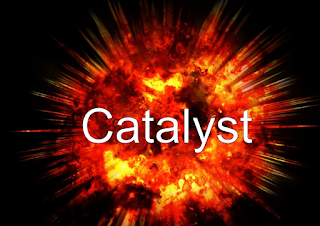This group of learners have been stuck in the 1B writing bracket for a long time. They write very short stories and lacks specific vocabulary. I believe this is a catalytic because it is holding them back not only in writing but across the curriculum as they try to respond in a write form in reading and inquiry.
I read a quote that said
“Start writing, no matter what. The water does not flow until the faucet is turned on.”
— Louis L’Amour
I think for my learners at this point in time the catalyst is giving them the tool to start and to get to a place of flow. I think the best tool is vocabulary that is the water that I need to support the to full the faucet with so that when they start writing they have lots to flow. I also think that vocabulary being increase orally and capturing this to make it rewindable will help to increase recycling of that vocabulary increasing students ability to use it. These ideas come from the professional learning we have been doing with Dr Jannie van Hees.
I know I still have a lot of learning to do around this problem but I believe increasing writing amount and vocabulary for these learner in a way that is recycling language is a key that may help them across the curriculum.
While I have tried a number of things this far I feel I still have a long way to go in finding the big ticket approach/approaches to address this issue.


Science feedback - a catalyst increases the rate of reaction, but it also offers an alternate path for the reaction to follow :)
ReplyDeleteThanks heaps Nicola, I have edited my post.
Delete